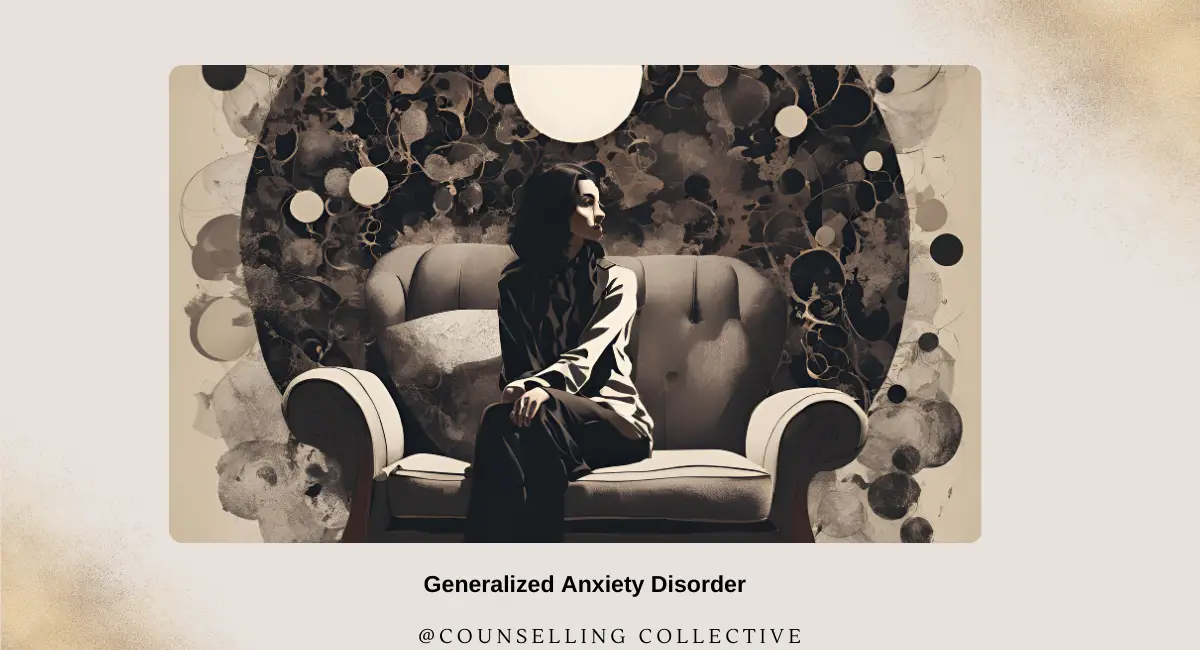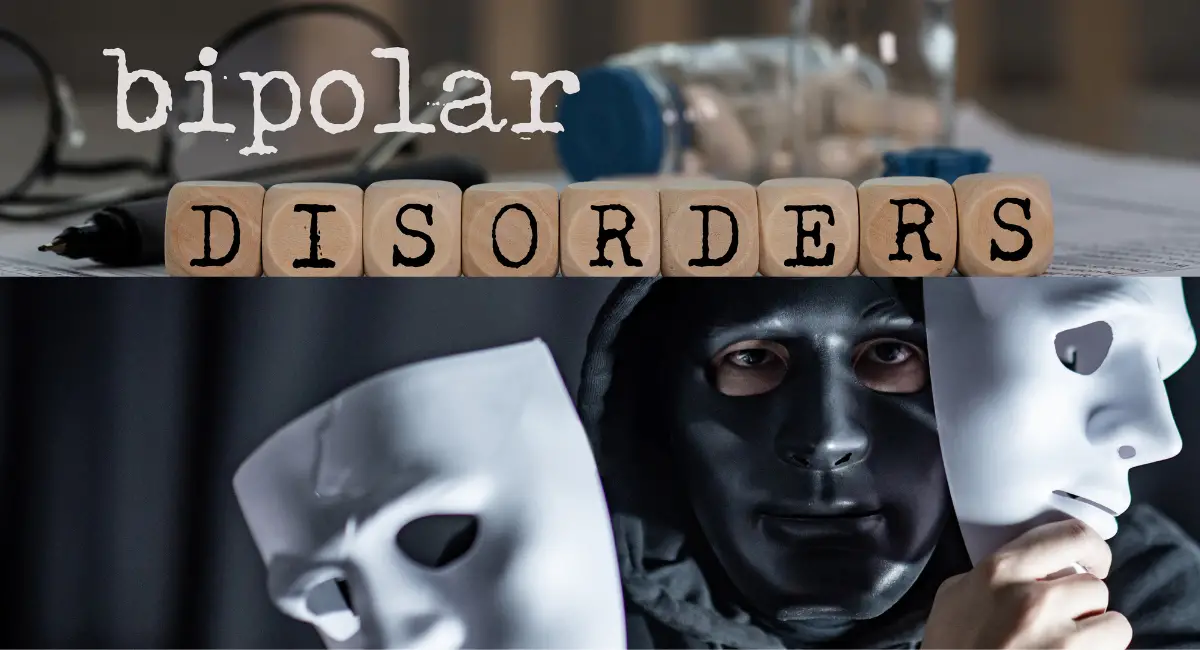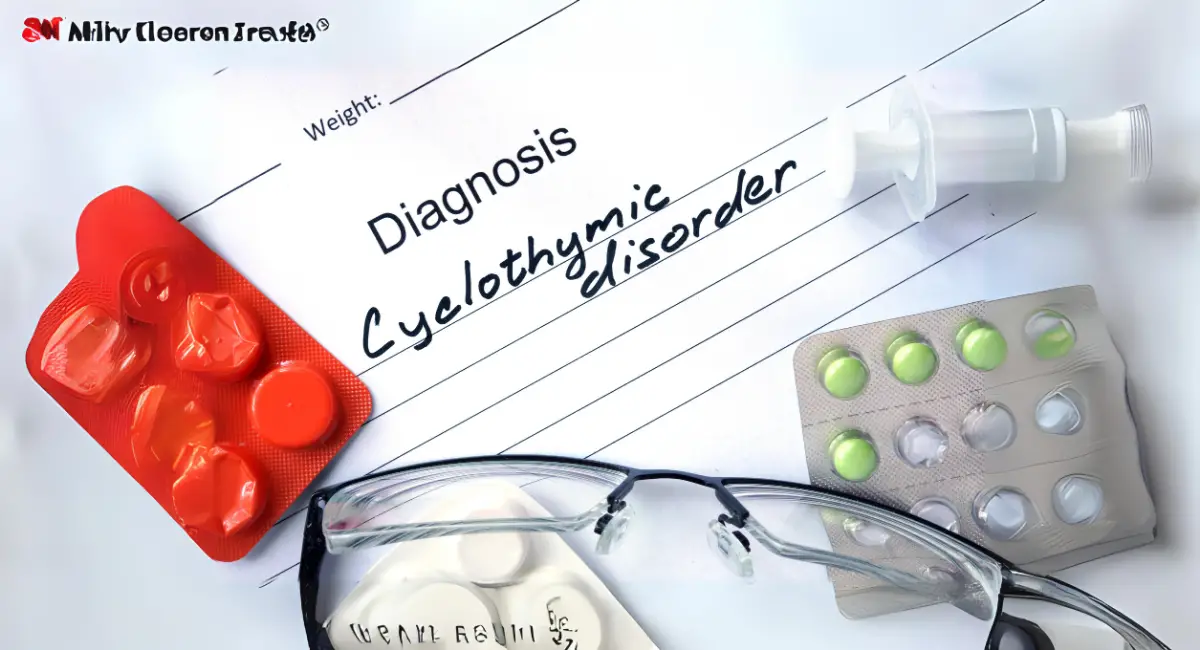
Brief Psychotic Disorder: Symptoms, Causes, and Therapy Options
Contents
Introduction
Brief Psychotic Disorder is a short-term mental health condition in which an individual experiences sudden and intense episodes of psychosis, including delusions, hallucinations, or disorganized speech. What sets Brief Psychotic Disorder apart from other psychotic disorders is its temporary nature: the symptoms last for at least one day but less than one month, and the individual eventually returns to their normal level of functioning after the episode resolves.
While Brief Psychotic Disorder can be alarming for both the individual and their loved ones, early treatment is often effective in managing symptoms and preventing recurrence. According to the Diagnostic and Statistical Manual of Mental Disorders, Fifth Edition (DSM-5), this disorder can occur with or without a specific stressor (such as trauma or life changes), or it can appear postpartum in women. This article will explore Brief Psychotic Disorder, focusing on its Symptoms, Causes, and Therapy Options to offer a thorough understanding of the condition.
Symptoms of Brief Psychotic Disorder
Brief Psychotic Disorder presents with a range of psychotic symptoms similar to those of longer-lasting psychotic disorders, but the symptoms are temporary and typically resolve within one month. Below is a table outlining the common symptoms of Brief Psychotic Disorder and examples of how they manifest in daily life:
| Symptom | Description/Example |
|---|---|
| Delusions | Strongly held false beliefs not based in reality. For example, a person may believe they have been given supernatural powers. |
| Hallucinations | Perceiving things that are not present, such as hearing voices or seeing things that others cannot perceive. For example, a person may hear voices giving commands. |
| Disorganized Speech | Incoherent or illogical speech. For example, a person may jump between unrelated topics, making it hard to follow their conversation. |
| Disorganized or Catatonic Behavior | Acting unpredictably or remaining immobile. For example, someone might stand motionless for long periods or engage in erratic movements. |
| Cognitive Impairment | Difficulty with memory, attention, and focus during the psychotic episode. For example, a person may struggle to remember basic information or follow instructions. |
Causes and Risk Factors of Brief Psychotic Disorder
The precise cause of Brief Psychotic Disorder is not entirely understood, but it is often linked to extreme stress or traumatic events. The disorder is more common in women than in men, and certain genetic, environmental, and psychological factors may increase the likelihood of developing the condition. Below are key causes and risk factors associated with Brief Psychotic Disorder:
Major causes that we will discuss, include: Genetic Factors, Psychological Stress and Trauma, Environmental Factors:
1. Genetic Factors
Family history of psychotic disorders, such as schizophrenia or bipolar disorder, may increase the risk of developing Brief Psychotic Disorder. Although the disorder is typically triggered by stress, genetics may play a role in making individuals more vulnerable to psychotic symptoms.
- Genetic studies suggest that individuals with a family history of psychotic disorders have a higher predisposition to Brief Psychotic Disorder. Genes related to neurotransmitter regulation, particularly dopamine and serotonin, are believed to contribute to this susceptibility.
- Twin studies show that individuals with a twin who has a psychotic disorder are more likely to experience brief psychotic episodes under stress.
Emily, a 30-year-old woman, had no prior history of mental illness, but her mother had schizophrenia. After a highly stressful life event, Emily began hearing voices and became convinced that people were trying to harm her. The episode lasted for about two weeks, and she was diagnosed with Brief Psychotic Disorder. Her doctors believe her family history played a role in her susceptibility.
2. Psychological Stress and Trauma
Brief Psychotic Disorder often occurs in response to intense psychological stress, trauma, or significant life changes. Stressors such as the death of a loved one, job loss, relationship breakdown, or experiencing a natural disaster can trigger psychotic symptoms.
- Traumatic events can overwhelm the brain’s coping mechanisms, leading to temporary psychosis. The brain’s response to trauma often involves heightened arousal and distorted perceptions, which can manifest as delusions or hallucinations.
- Postpartum stress is another common trigger for Brief Psychotic Disorder. Women may experience psychosis in the first few weeks after giving birth, likely due to a combination of hormonal changes and the stress of childbirth.
Sarah, a 27-year-old woman, experienced an acute psychotic episode two weeks after giving birth to her first child. She became paranoid, believing that her baby was in danger and hearing voices warning her of impending harm. Her psychiatrist diagnosed her with Brief Psychotic Disorder and noted that postpartum stress likely triggered her symptoms.
3. Environmental Factors
In addition to psychological stress, environmental factors such as substance use, social isolation, or significant life changes can contribute to the onset of Brief Psychotic Disorder. These factors can overwhelm the brain’s ability to process information correctly, resulting in temporary psychosis.
- Substance use, particularly drugs that affect dopamine levels, such as cannabis, amphetamines, or hallucinogens, can precipitate brief psychotic episodes in susceptible individuals.
- Social isolation and lack of a support system may increase the risk of developing Brief Psychotic Disorder during times of stress, as individuals may not have adequate coping mechanisms or emotional outlets.
Jake, a 22-year-old college student, was socially isolated and began using cannabis frequently to cope with academic pressure. After an intense period of stress before exams, Jake experienced a psychotic break, during which he believed he was being spied on through his phone. His doctor diagnosed him with Brief Psychotic Disorder and advised him to cease cannabis use to prevent future episodes.
Therapy and Treatment Options for Brief Psychotic Disorder
Treatment for Brief Psychotic Disorder focuses on alleviating symptoms, addressing the underlying causes, and preventing recurrence. Early intervention is crucial for ensuring full recovery. Below are key therapy options:
1. Antipsychotic Medications
Antipsychotic medications are commonly prescribed to manage psychotic symptoms during an episode. These medications help regulate neurotransmitter activity in the brain, particularly dopamine, which plays a key role in psychosis. First-generation and second-generation antipsychotics can be used depending on the severity of symptoms.
Example: John, a 35-year-old man, experienced delusions and hallucinations for two weeks following a traumatic event. His psychiatrist prescribed olanzapine, a second-generation antipsychotic, to reduce the severity of his symptoms. After a few days of medication, his psychosis subsided, and he began returning to normal.
2. Cognitive Behavioral Therapy (CBT)
Cognitive Behavioral Therapy (CBT) is often used to help individuals understand the relationship between their thoughts, emotions, and behaviors. For individuals with Brief Psychotic Disorder, CBT can help them process the stress or trauma that triggered their psychotic episode and develop coping strategies to manage future stressors.
Sarah, who faced postpartum psychosis, engaged in CBT to address her paranoid thoughts and manage the anxiety that triggered her psychotic episode. With the help of her therapist, she developed effective coping strategies and mental tools to reduce the risk of future psychotic experiences and build emotional stability.
3. Stress Management and Relaxation Techniques
Since stress is a significant trigger for Brief Psychotic Disorder, teaching individuals stress management techniques is essential for preventing future episodes. Techniques such as mindfulness, meditation, and progressive muscle relaxation can help reduce the physiological and emotional effects of stress.
Jake incorporated mindfulness techniques into his therapy to cope with anxiety and the pressures of academic life. Through regular practice of mindfulness exercises, he was able to maintain focus, stay emotionally grounded, and lower the likelihood of experiencing another psychotic episode.
4. Psychoeducation and Family Therapy
Psychoeducation helps individuals and their families understand Brief Psychotic Disorder, including its triggers, symptoms, and treatment options. Family therapy is particularly beneficial in providing support and improving communication, which can reduce stress in the home environment.
Emily’s psychotic episode, her family participated in therapy sessions to gain a deeper understanding of her condition. Her therapist taught them about the disorder, the importance of maintaining a supportive and stable home environment, and how to identify early warning signs of relapse. This approach eased family tension, strengthened their ability to support Emily, and improved her prospects for recovery.
Long-Term Management of Brief Psychotic Disorder
Although Brief Psychotic Disorder is, by definition, temporary, long-term management strategies are crucial to preventing relapse and ensuring that the individual can fully recover. Below are key strategies for managing the disorder over the long term:
- Ongoing Therapy: Continuing with CBT and other forms of psychotherapy helps individuals develop coping strategies to manage stress and avoid future psychotic episodes.
- Monitoring for Recurrence: Individuals who experience Brief Psychotic Disorder should be closely monitored by mental health professionals to ensure that symptoms do not return or develop into a more persistent psychotic disorder.
- Stress Reduction Techniques: Incorporating regular stress management practices, such as meditation, exercise, or relaxation exercises, into daily routines can help prevent future episodes triggered by stress.
Conclusion
Brief Psychotic Disorder is a temporary but intense mental health condition characterized by psychotic symptoms such as delusions, hallucinations, and disorganized behavior. The disorder is often triggered by extreme stress, trauma, or life changes, and it can last from one day to one month. Early intervention, including antipsychotic medications, Cognitive Behavioral Therapy (CBT), and stress management techniques, is crucial for recovery. While Brief Psychotic Disorder is temporary, long-term management strategies, such as ongoing therapy and stress reduction, can help prevent relapse and improve the individual’s quality of life.
References
- American Psychiatric Association. (2013). Diagnostic and Statistical Manual of Mental Disorders (5th ed.). Washington, DC: American Psychiatric Publishing.
- Pini, S., de Queiroz, V., Dell’Osso, L., & Freimer, N. (2013). The epidemiology of brief psychotic disorder. Psychiatric Times, 30(5), 67-72.
- Strakowski, S. M., & DelBello, M. P. (2009). The bipolar-schizophrenia connection: Bridging psychotic and mood disorders. Current Psychiatry Reports, 11(6), 485-491.
- Singh, S. P., & Fisher, H. L. (2005). Brief psychotic disorder: A precursor to schizophrenia or a distinct entity? Psychiatric Services, 56(4), 449-451.
- Morrison, A. P., & Barratt, S. (2010). Cognitive therapy for people with psychosis: A formulation-based approach. Behavioural and Cognitive Psychotherapy, 38(2), 139-154.
Explore Other Mental Health Issues








